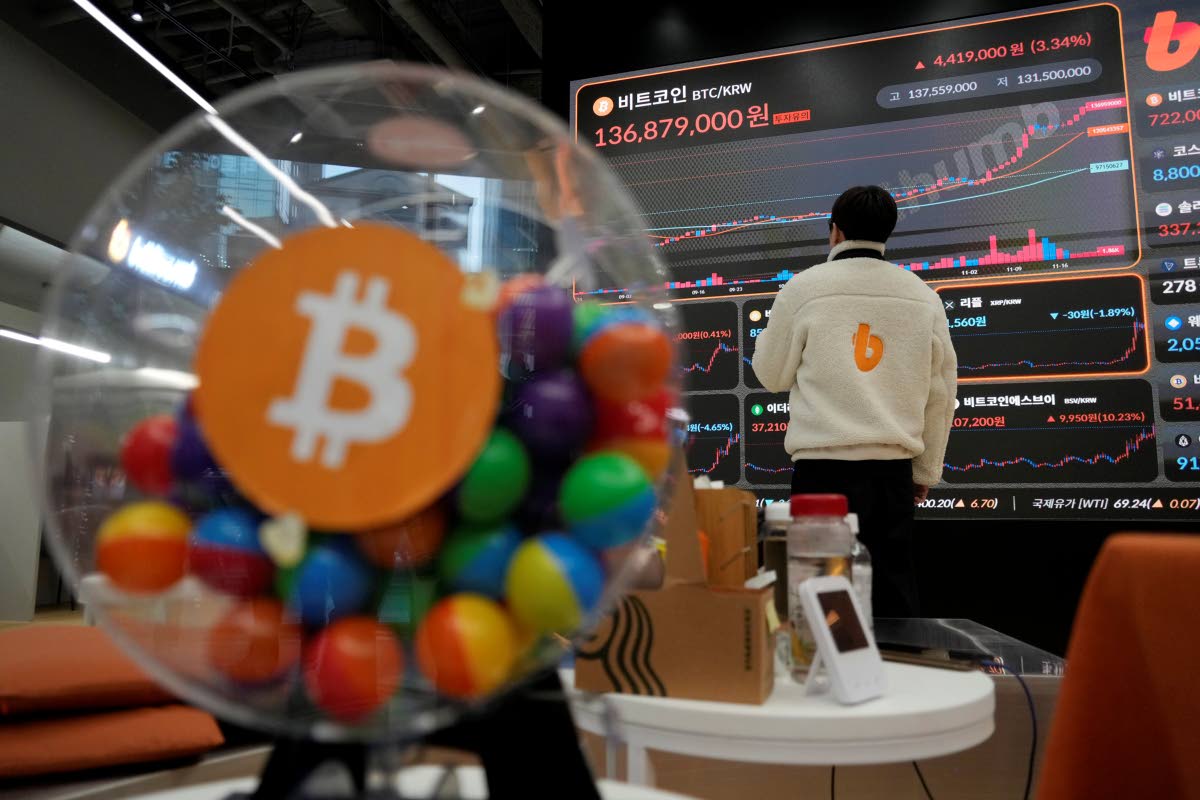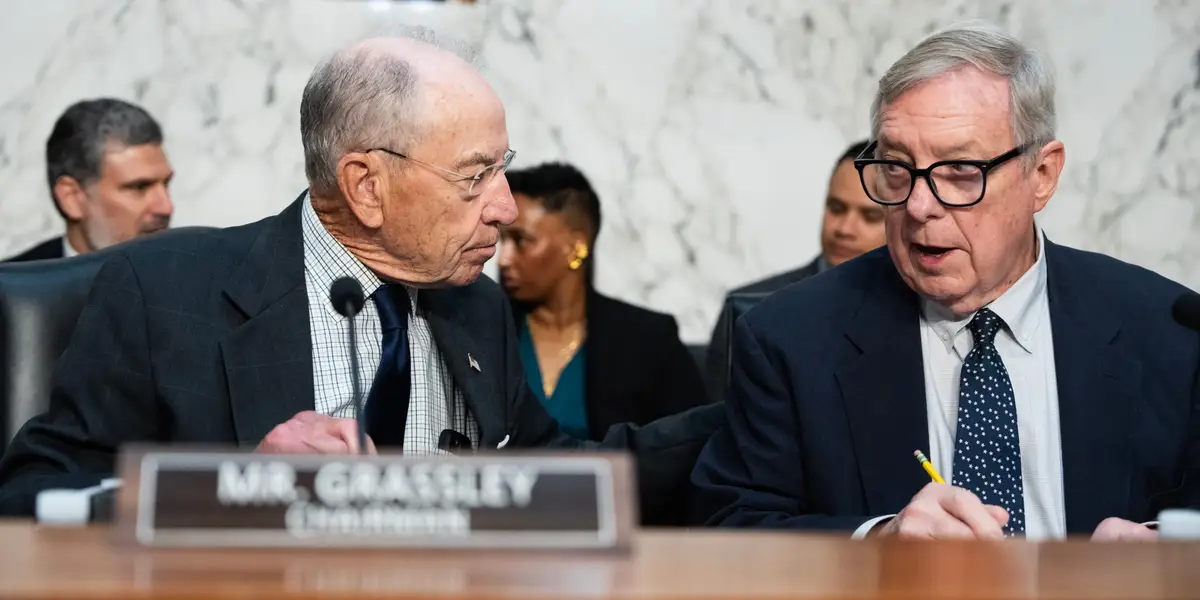By Newsday
Copyright newsday

THE EDITOR: The UNC stated, in its now cabinet approved 2025 manifesto, that ” a UNC-led government will embrace Artificial Intelligence (AI), digital technology and new media to cut bureaucracy, create meaningful job opportunities, modernise public services, and position Trinidad and Tobago as a foremost destination for doing business.”
It also stated that “by integrating advanced technology into healthcare, education, business, and governance, the UNC will enhance the quality of citizens’ everyday lives by speeding up routine tasks, fostering innovation, and ensuring our economy remains globally competitive.” (page 24).
Instead of bringing innovative legislation, the government, via The Virtual Assets and Virtual Assets Service Providers Bill (2025), intends to ban all cryptocurrency transactions until December 2027.
The bill is not comprehensive. It reads like a half-baked piece of work, five pages long, and a punishment listing.
It is clear that the people who, allegedly, “copied” the bill, from the Bahamas Digital Assets and Registered Exchanges Bill 2024, which has 114 pages, know nothing about how to legislate digital assets.
Perhaps, they should have looked at The Virtual Asset Service Providers Bill 2025 from Kenya, or The Virtual Assets (Service Providers) Law 2020, and subsequent revisions, from the Cayman Islands or The Virtual Assets Service Providers Act No.3 of 2025 from Vanuatu.
Those laws are much more comprehensive.
It seems as if the government decided that it is unable to meet the 2026 deadline of the Financial Action Task Force (FATF), and the safest thing to do is just ban everything for two years.
This FATF deadline is a targeted update on the progress made by countries, in passing virtual asset legislation.
It also begs the question: Did the PNM have any draft legislation, for virtual assets, before they lost the last general election?
The key technology that many businesses are using is Blockchain or Distributed Ledger Technology
Today, blockchain technology, which became popular via Bitcoin, is used by United States banks such as JPMorgan Chase and Bank of America and United Kingdom banks such as Barclays, Lloyds Banking Group and The Hong Kong and Shanghai Banking Corporation (HSBC).
The world of financial technology (FinTech) is upending the traditional ways of doing business and TT cannot afford to be moving backwards.
LINUS F DIDIER



